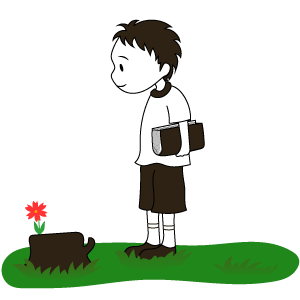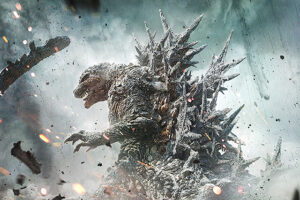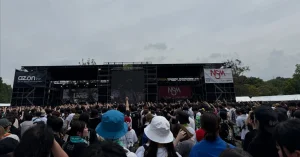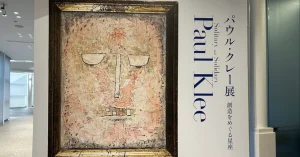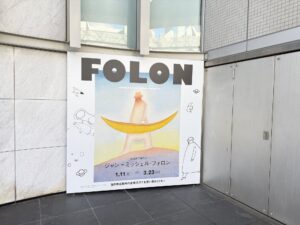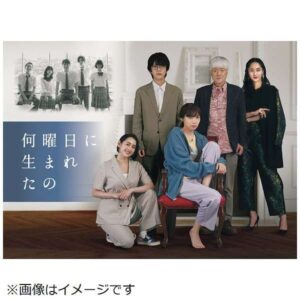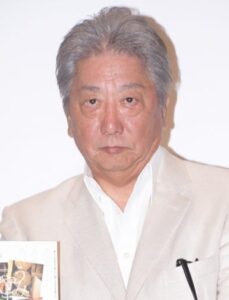Politics and Literature
It’s a world made up of the same words,
It is said that politics and literature are the exact opposite.
Politics, simply put, is “the distribution of visible profits (value).
Literature, simply put, is the creation of invisible profits (value).
In this way, politics is overwhelmingly stronger in the real world, rather than the exact opposite. This is because politics can take all the realistic profits made by literature. In other words, it is a top-down relationship.
So, does literature really stand downwind of politics? No, that is only in the real world, but in the unreal world, literature is superior.
Literature is superior in the unreal world because it can create new words (stories). There is no meaning in real profits. Politics cannot make a difference between what is and what is not.
Thus, politics stands downwind of literature in the unreal metaphysical.
But as long as one is alive, as long as one has a body, one must live in this real reality. We have to live and survive day by day.
Unfortunately, the mellow words (stories) of literature cannot satisfy our hunger.
On the contrary, politics, no matter how lofty its stories and grand visions, cannot satisfy our spiritual hunger as long as it is only about profit margins.
It is impossible to satisfy the spiritual hunger of those on the edge, those who are suffering and wondering if they will be run over by a train tomorrow, with political broadcasts and street speeches. (There may be some of them, but that is scary).
So, as a result, literature and politics, if their purpose is to reach the pinnacle of “the happiness of all,” are not necessarily one above the other and one below the other, they are just different routes to ascend.
Sometimes, however, there are literary figures living in the world of metaphysics who, frustrated and dilemmatized by the forces of reality, move into the world of politics in an attempt to realize it in a practical way.
Not so long ago, there were Shintaro Ishihara, Yukio Aoshima, and now Naoki Inose, and there have been many others, if not as famous, in the past history.
However, with the exception of the aforementioned people, most of them would fail. On the other hand, if they succeed, they feel a realistic sense of satisfaction and cannot forget the pleasure, clinging to their power and never returning to the world of literature. Even if they do return, they will not be able to create good works.
That is how scary the world of politics is. It is scary only because it is the exact opposite of literature. It is just as scary as the world of literature.
Shintaro Ishihara, despite his fame in the world of politics, came back to the world of literature in the end and devoted himself to writing novels (you can read his works to see how well they turned out).
In the West, he would be like Goethe or Montesquieu.
This issue of literature and politics is old and new, but it might be interesting to consider its relevance and impact on other value areas, such as “literature and business” or “literature and sports,” if not quite as diametrically opposed as this.
“Is it the child who joins his voice to the chirping cicada?”
